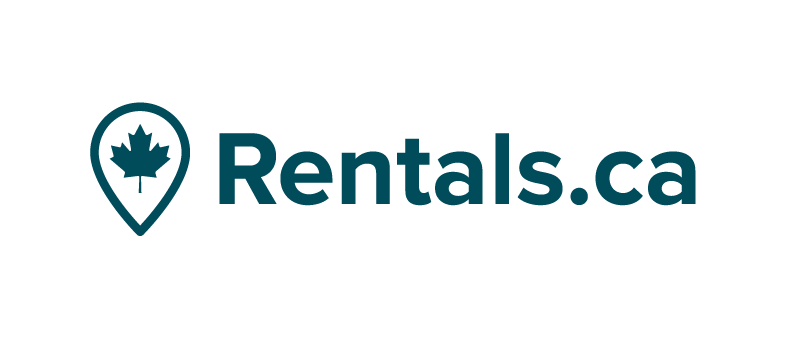Canadian Rent Growth Slows to Lowest Rate in Over Two Years, Rising 5.9% Annually in July
Toronto - August 7, 2024 - Average asking rents for all residential property types in Canada increased by 5.9% year-over-year in July, reaching an average of $2,201 per month, according to Rentals.ca and Urbanation’s latest National Rent Report. This represents the slowest annual rate of growth over the past 31 months. On a month-over-month basis, average asking rents grew by 0.8%, reversing the previous month's decline of 0.8%.
Rents for purpose-built and condominium rental apartments increased by 0.5% in July, averaging $2,156. Year-over-year, apartment rents grew by 7.4%, driven by an 8.9% rise in purpose-built rental rates, which now average $2,131. In contrast, condominium apartment rents saw a smaller increase of 1.9%, averaging $2,334. Studio rents for condominiums declined by 2.8% annually to $1,887, while purpose-built studio rents surged by 13.7% to $1,610.
“As we move past the peak of summer, we’ve seen very little of the uplift typically expected with the warmer months,” said David Aizikov, Senior Analyst at Rentals.ca. “However, as the weather cools and days become shorter, rental demand typically slows which may further slow market rent growth.”
Toronto rents showed a slight monthly increase of 0.2% but remained down 4.6% annually, averaging $2,719. Vancouver saw a 1.9% monthly increase but a 7.2% annual decrease, bringing the average rent to $3,101. Edmonton experienced the highest rent growth among major cities, with a 14.3% annual increase to $1,579, while Calgary's rents grew by 3.7% to $2,111. Montreal's rents declined for the third consecutive month by 0.5% to $2,003 but were up 0.8% annually. Ottawa showed the second highest annual pace of rent growth this month at 4.1%, reaching an average rent of $2,218.
Saskatchewan continues to lead as the fastest-growing province annually, with rents for purpose-built and condominium apartments increasing by 22.2% year-over-year to $1,331, despite a monthly decline of $8. Meanwhile, British Columbia and Ontario were the only provinces with overall annual rent declines, with BC down 2% to an average of $2,570, and Ontario down 1.5% to an average of $2,396.
Shared accommodation listings recorded a 9.1% annual increase in asking rent across four provinces, reaching an average of $1,005 in July, the highest average rent of the past five months. Roommate rents in Toronto declined 0.3% monthly and 4.9% annually to $1,232, while Ottawa saw a 0.3% monthly increase but a 1.2% annual decline to $941. Calgary led the growth in roommate rents with an 8.9% annual increase to $923, while Vancouver remained the most expensive city for shared accommodations at $1,476, up 1.4% annually.
The National Rent Report charts and analyzes monthly, quarterly and annual rates and trends in the rental market on national, provincial, and municipal levels across all listings on the Rentals.ca Network for Canada. The data from the digital rental platform Rentfaster.ca is incorporated into this report.
Rentals.ca Network data is analyzed and the report is written by Urbanation, a Toronto-based real estate research firm providing in-depth market analysis and consulting services since 1981.
*The data includes single-detached homes, semi-detached homes, townhouses, condominium apartments, rental apartments and basement apartments (outlier listings are removed, as are single-room rentals.)
Giacomo Ladas, giacomo@rentals.ca
Shaun Hildebrand, shaun@urbanation.ca
